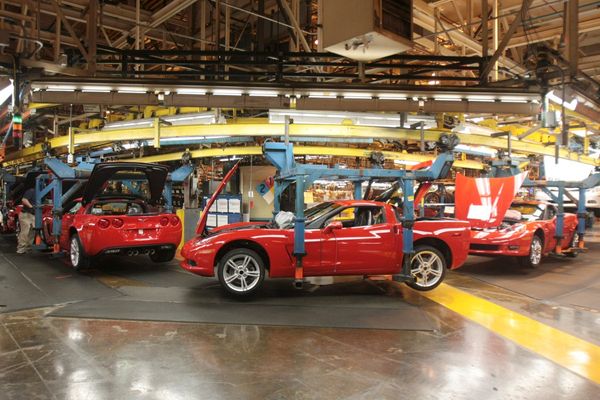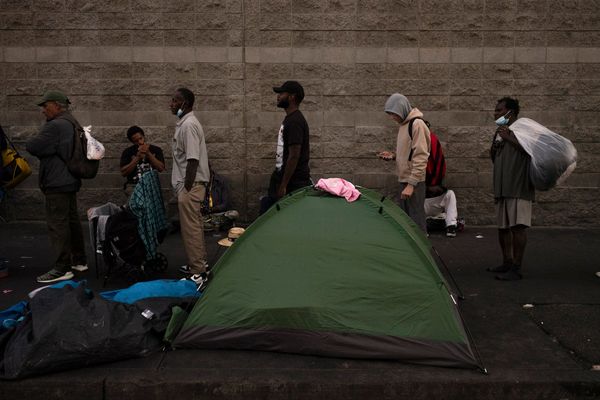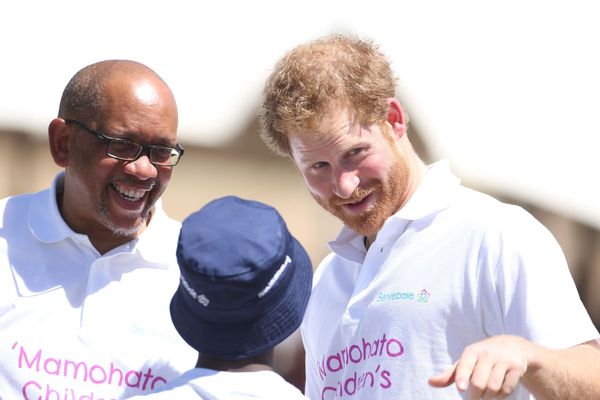
Colombo (AFP) - Deposed Sri Lankan president Gotabaya Rajapaksa faced calls for his arrest Saturday after returning home from self-imposed exile under the protection of his successor's government.
Rajapaksa fled the island nation under military escort in July after a huge crowd stormed his official residence following months of demonstrations sparked by an unprecedented economic crisis.
The 73-year-old announced his resignation from Singapore and spent weeks under virtual house arrest at a Bangkok hotel before his return late on Friday.
Leaders of the protest campaign that toppled his government said Rajapaksa, who lost his presidential immunity after leaving office, should now be brought to justice.
"Gotabaya returned because no country is willing to accept him, he has no place to hide," Joseph Stalin, the leader of a teachers' trade union that helped mobilise demonstrators, told AFP.
"He should be arrested immediately for causing such misery for the 22 million people of Sri Lanka," he added."He can't live freely as if nothing has happened."
Rajapaksa's government was accused of chaotic mismanagement as the Sri Lankan economy spiralled into a blistering downturn.
The crisis saw acute shortages of food, lengthy blackouts and long queues at gas stations for scarce fuel supplies after the country ran out of foreign currency to pay for vital imports.
Sri Lanka's main opposition alliance, the Samagi Jana Balawegaya (SJB), has yet to comment on Rajapaksa's return, but a former minister from the bloc said the ousted leader needed to be prosecuted.
"Gotabaya must be held to account for his crimes before and during his presidency," Ajith Perera told reporters in Colombo.
Rajapaksa was garlanded with flowers by ministers and senior politicians after disembarking from his flight in Colombo.
He was driven in a security convoy to a new official residence in the capital provided to him by the government of President Ranil Wickremesinghe, his successor.
Wickremesinghe depends on Rajapaksa's Sri Lanka Podujana Peramuna (SLPP) party to govern and on Friday passed an austerity budget -- a precondition for an International Monetary Fund bailout -- with the grouping's support.
"Gotabaya's return demonstrates that the SLPP is still powerful despite the humiliation they suffered," Hasith Kandaudahewa, a senior lecturer on international relations at the University of Colombo, told AFP.
Rajapaksa began receiving guests at his new home on Saturday with his elder brother -- former president Mahinda Rajapaksa -- one of the first to call on him, witnesses said.
Mahinda was serving as premier in his brother's administration when he too was chased from his home by a mob who were responding to an attack on protesters by government loyalists.
Asia Society Policy Institute director Akhil Bery said the powerful family, which has dominated Sri Lankan politics for much of the past two decades, could be plotting a comeback.
Their allies "might be betting that the unpopular decisions Ranil has had to take will lay the groundwork for the Rajapaksas' return", the analyst told AFP.
Wickremesinghe's government has drastically increased the cost of fuel and electricity to help repair the nation's finances at a time when household budgets are under pressure from runaway inflation.
'Bring him to justice'
Rights activists have vowed to press for Gotabaya's prosecution on a litany of charges, including his alleged role in the 2009 assassination of prominent newspaper editor Lasantha Wickrematunge.
"We welcome his decision to return so that we can bring him to justice for the crimes he has committed," Tharindu Jayawardhana, a spokesman for the Sri Lanka Young Journalists' Association, said Friday.
Several corruption cases lodged against Rajapaksa stalled after he was elected president.
Rajapaksa also faces charges in a US court over Wickrematunge's murder and the torture of Tamil prisoners at the end of the island's traumatic civil war in 2009.
'Prosperity and splendour'
Rajapaksa won a landslide election in 2019 after promising "vistas of prosperity and splendour" but saw his popularity nosedive as the country's crisis worsened.
His government was accused of introducing unsustainable tax cuts that drove up government debt and exacerbated the country's economic problems on top of the Covid-19 pandemic.
Wickremesinghe was elected by parliament to see out the remainder of Rajapaksa's term.He has since cracked down on street protests and arrested leading activists.
The government defaulted on its $51 billion foreign debt in April and the central bank forecasts a record eight percent GDP contraction this year.
After months of negotiations, the International Monetary Fund agreed on Thursday to a conditional $2.9 billion bailout package to repair Sri Lanka's battered finances.







